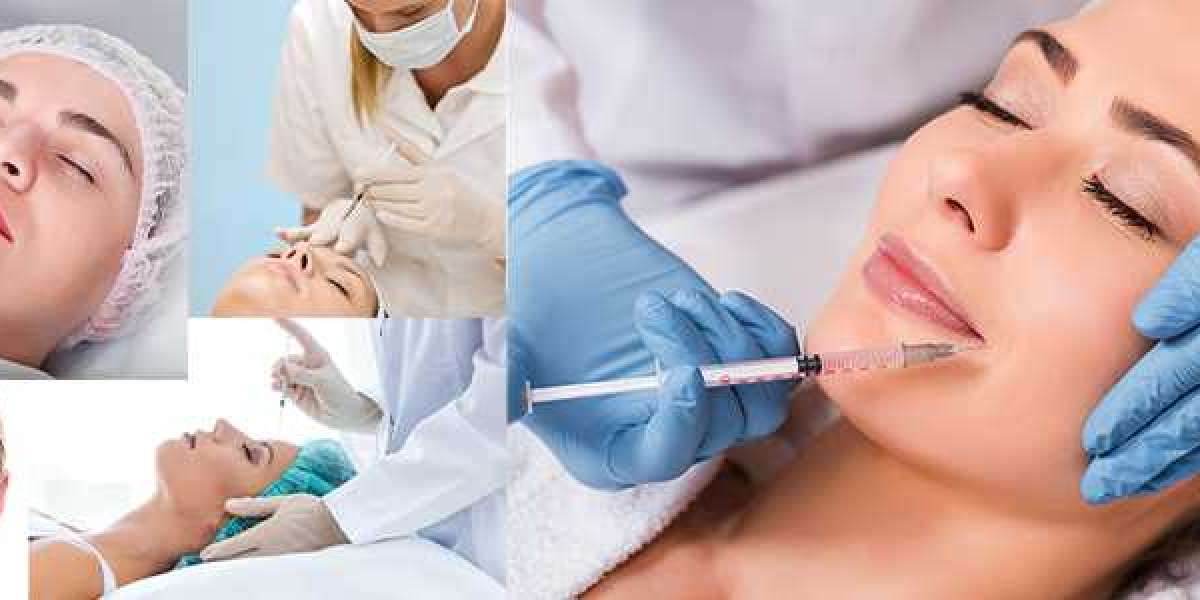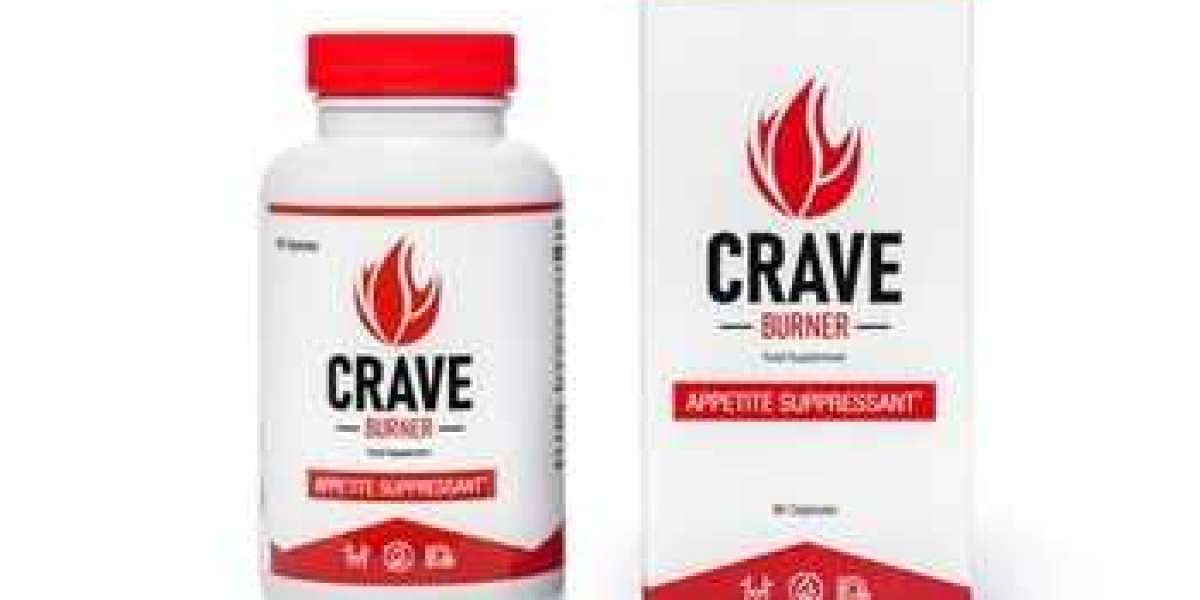"Drink more water" is something we've all heard. It is said to be the answer to all problems, from tiredness to dry skin. But what if you drink a lot of water all day and still feel tired, unfocused, or low on energy? You might be missing an important part of the puzzle when it comes to staying hydrated.
Drinking water is not the only thing you need to do to stay hydrated. It requires a careful mix of water, electrolytes, and minerals that work together to keep your body running. If you don't have this balance, the water you drink might not be absorbed well, and you could end up "hidden dehydrated" even if you try your best.
This article will talk about the science behind staying hydrated, answer some of the most common questions people have about it, and give you smarter ways to feel your best. It's time to learn how to drink water the right way instead of just counting glasses.
Hydration Science
Hydration is the act of giving the body enough water to keep its normal functions going. But it's not just how much water you drink. Your body needs electrolytes to be able to use that water. These minerals, such as sodium, potassium, and magnesium, have an electric charge that helps get water to your cells.
Water is the vehicle, but electrolytes are the drivers that take it where it needs to go. Drinking a lot of plain water can lower the amount of electrolytes in your body. This can tell your kidneys to get rid of extra water, which means you might pee it out before your cells have a chance to fully absorb and use it. This is why you can drink a lot of water and still look dehydrated.
Signs of "Hidden Dehydration" That Are Common
You might be showing signs of dehydration even if you have a full water bottle next to you. Some of these are: Always feeling tired or tired in the middle of the day
- Brain fog and trouble focussing
- Chapped lips, dry skin, or nails that break easily
- A lot of headaches
- Urine that is dark even though you drink a lot of water
- Weakness or cramps in the muscles
If you have these symptoms, it's a clear sign that you need to improve how you stay hydrated.
What Do Electrolytes Do for Real Hydration?
Electrolytes are the unsung heroes of staying hydrated. They control the balance of fluids in your body, balance the acidity of your blood, and regulate the function of your muscles and nerves.
Sodium: Sodium is often thought of as bad, but it is necessary for keeping fluids in balance and for the proper functioning of muscles and nerves. When
you sweat, you lose a lot of sodium that needs to be replaced.
Potassium: This mineral works with sodium to control how much fluid is inside and outside of your cells. It's also important for heart health and muscle
contractions.
Magnesium: Magnesium is involved in more than 300 biochemical reactions. It helps the body make energy, relax muscles, and work properly. Lack of it can make you tired and give you muscle cramps.
Athletes who sweat a lot and lose a lot of electrolytes must replace them in order to perform and recover. It's not just athletes, though. Busy professionals who are under a lot of stress also lose minerals like magnesium more quickly.
This makes them more likely to feel the effects of an electrolyte imbalance,
which can make them tired and less focused.
What does dehydration do to your body?
Even mild cases of dehydration can have effects that go beyond just being thirsty. When your body isn't getting enough water, all of its systems are affected.
Energy and thinking: About 75% of your brain is made of water. Dehydration can clearly make it difficult to think, remember things and react quickly, causing brain fog and fatigue.
Water is important to keep the skin elastic and complete. If you don't drink enough water for a long time, your skin can get dry, have fine lines, and look dull.
Digestion and Organ Health: To digest food and absorb nutrients properly, you need to drink enough water. It also helps your kidneys get rid of waste
products quickly. If you don't drink enough water for a long time, it can put a lot of stress on your kidneys and make your heart work harder to pump blood.
Smart Ways to Stay Hydrated in 2025
Are you ready to do more than just drink water? Here are some expert-backed tips for staying hydrated.
Add natural electrolytes: Add a little sea salt and lemon juice to your water to make it taste better. You can also get potassium from natural sources, like coconut water.
Eat Your Water: Add foods that are high in water to your diet. Cucumbers,
watermelons, strawberries, and celery are just a few examples of fruits and
vegetables that are not only hydrating but also full of vitamins and minerals.
Use Technology: You can set reminders on your phone or use a smart water bottle that glows and tracks how much you drink to remind you when it's time to drink.
Think about IV hydration therapy: IV therapy sends fluids and electrolytes straight into your bloodstream, where they are 100% absorbed, giving you a quick and powerful boost of hydration.
Is IV hydration therapy the future of health?
IV hydration therapy is becoming more popular as a quick and effective way to get water and nutrients back into the body. It is much more effective than drinking fluids because it goes straight into the body without going through the digestive system.
The benefits can be big, like more energy, faster recovery from exercise, better skin, and a stronger immune system. IV therapy is nothing that you should do every day, but it can be very helpful for more than a disease, jet lag, or a hard workout. Athletes, persistent travelers, and busy professionals all use it to stay on top of their game. It is important to find a reputed provider and talk to a doctor to ensure that any welfare treatment is right for you.
Questions and answers about hydration
How much water do you really need to drink every day?
The "eight glasses a day" rule is a good place to start, but how much you need depends on how active you are, the weather, and your body size. A better rule of thumb is to drink enough so that your pee is a light yellow colour.
Is it bad to drink too much water?
Yes. If you drink too much plain water in a short amount of time, it can cause a dangerous condition called hyponatraemia, in which the sodium levels in your blood become dangerously low. This is why electrolytes are so important.
How can I get hydrated the fastest?
An oral rehydration solution with the right amounts of glucose, sodium, and potassium is a good way to quickly rehydrate.
Do tea and coffee help you stay hydrated?
Studies show that drinking caffeinated drinks in moderation does not lead to
dehydration, even though they do have a mild diuretic effect. They can help
you drink more fluids every day.
Is getting fluids through an IV better than sports drinks?
IV hydration is better because it has 100% bioavailability. A lot of sports drinks
have a lot of sugar and fake ingredients, but IV therapy can be tailored to your
needs by adding certain vitamins and minerals.
Who needs the most advanced methods to stay hydrated?
People who play the game and go to the gym: with sweat you lose lots of fluids and electrolytes.
People who work in offices forget to drink because they work for a long time in climate-controlled places.
Big adults: As people grow older, they feel less thirsty, which increases their risk of dehydration.
People who travel a lot: People who travel by air are known to be dehydrated.
Get more hygiene
Health is important for health, but this is not the only thing that matters. It is true that drinking enough water, getting the right electrolytes, and making
smart lifestyle options are all important to stay hydrated. You can get more
energy and feel better by paying attention to your body, add foods to
electrolytes, and can know what your body needs.
Don't just drink water; learn how to hydrate better. Your body will be grateful.








